Boilers break down - and they often do when you need them the most! Boilers can fail for different reasons so it's crucial that you use them properly and get annual servicing to keep them in their best form.
Before you start searching for a new boiler because your old one broke down, it's important for you to determine the cause of the problem. By locating the cause of the problem, you might be able to get it fixed and use your existing boiler for a few more years.
Here, we share some of the most common causes for boiler breakdowns:
Boiler's Age
Boilers that are ten years old or older are at a higher risk of breaking down. As years pass, rust and corrosion can build up and spread. When these reach the boiler's pipes and other components, which are already overworked, you can expect leaks and failures to happen.
Frozen Pipes
The plastic condensate pipe that takes acidic water from the boiler to the exterior of the property can easily freeze when the weather is cold and keep the boiler from working as it should. The inactivity during warmer seasons and the shift to extreme temperature can make the problem even worse.
If you hear gurgling sounds, or if the water is not getting hot, it's likely that this is the problem. Pouring hot water over the pipes can help. You can prevent the problem by insulating your external pipes.
Damaged Pump
Leaks, airlocks, jammed propellers, and gathered sludge are issues that can happen with a boiler pump. While pumps generally last 15 years or longer, they can wear out much faster if the boiler is overused or misused. Ensure that the boiler pressure isn't too high when you use the boiler as it can lead to leaking.
If you are experiencing poor heat output or if only some radiators are working, this could be the cause. Scheduling regular maintenance is necessary to prevent this problem.
Faulty Diverter Valve
The diverter valve opens and closes on combi boilers and depending whether or not central heating or hot water is needed. If you've tried to fix the diverter but still the heater is not working correctly, a buildup of sludge in the radiators may be causing the issue. An engineer can easily address this by doing a chemical flush out.
Low Water Pressure
One of the most common causes of boiler breakdowns is low water pressure. This is usually caused by air being trapped in the system. When the pressure drops below a certain level, the boiler will be unable to function correctly.
Fortunately, this issue can usually be easily remedied. The first step is to check the pressure gauge on the boiler itself. If the pressure is below 1 bar, it is likely that the boiler needs to be re-pressurised. This can be done by a qualified engineer, who will be able to top up the system with water, and then re-pressurise it.
Malfunctioning Thermostat
A thermostat controls the boiler’s temperature and is essential for efficient and safe operation. If it is not functioning properly, the boiler may overheat and shut down, leading to a breakdown.
There are a few potential causes of thermostat failure. The thermostat could be set too low, or the temperature sensor may be malfunctioning. The wiring could also be faulty, or the thermostat could be damaged or have a manufacturing defect.
The best way to avoid thermostat-related boiler breakdowns is to regularly inspect and maintain the thermostat. This involves cleaning the thermostat, checking the wiring and ensuring that the temperature is set correctly. It is also a good idea to have a qualified technician inspect the boiler and thermostat annually to make sure everything is functioning properly.
Conclusion
Boilers are essential components of any home, and it is important to take the necessary steps to ensure they are properly maintained in order to avoid costly breakdowns. Knowing the common causes of boiler problems and getting regular boiler servicing can help ensure breakdowns do not happen.
Action Plumbing and Heating offers reliable Belfast plumbing services, including installation, maintenance, and repair. Contact our boiler specialists today to learn about our services!

